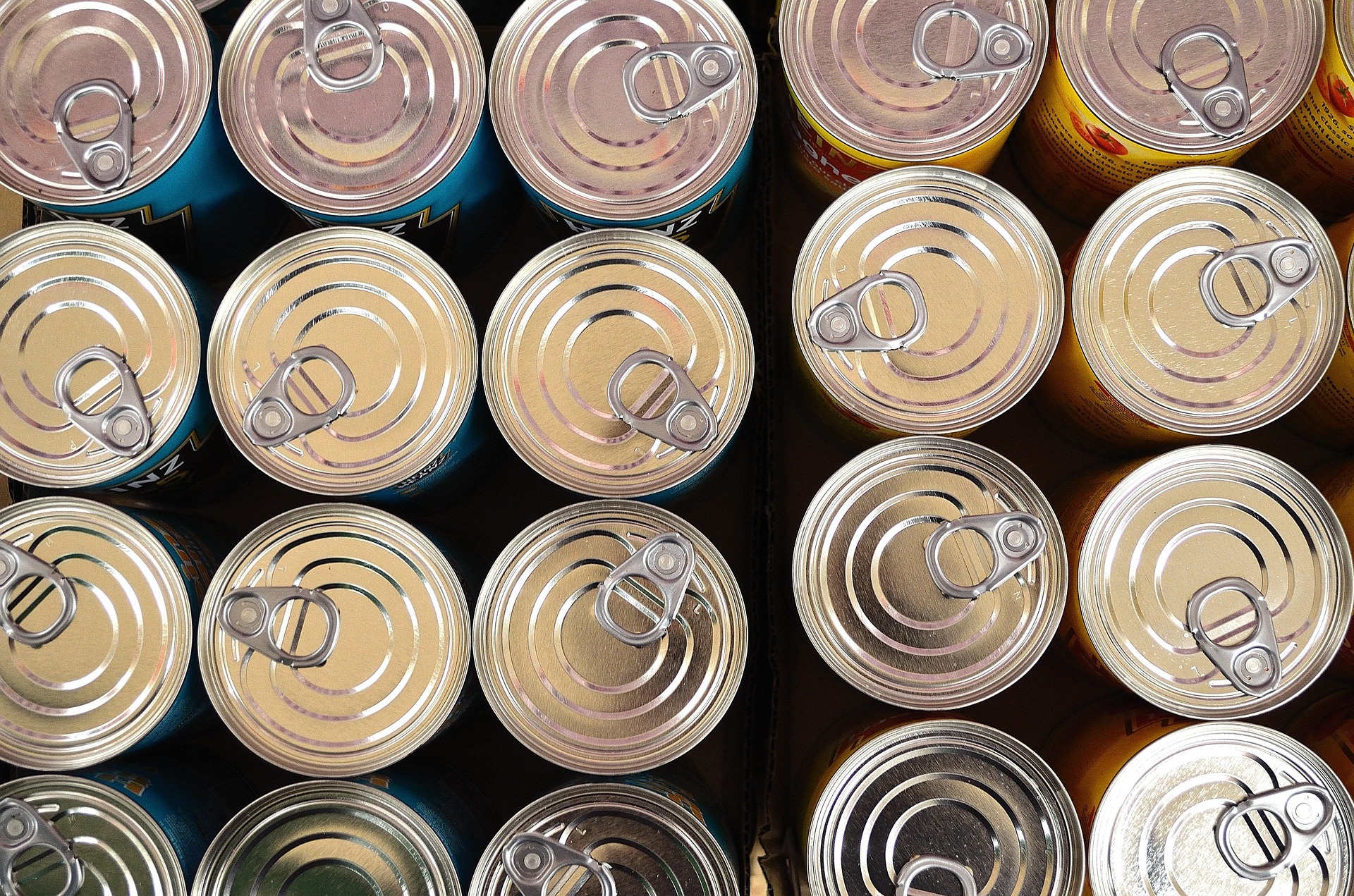The Yuka app is a mobile application designed to help consumers quickly assess the health quality of food and cosmetic products by scanning their barcodes. It produces a health score ranging from 0 to 100 and provides a colour-coded rating, which categorises products as excellent, good, mediocre or poor for health.
The scoring system is based on three weighted factors: nutritional quality (60%), presence and risk of additives (30%) and organic certification status (10%).
Using frameworks like Nutri-Score and data from the European Food Safety Authority among others, Yuka evaluates calories, sugar, saturated fats, salt, protein, fibre and fruit or vegetable content, alongside toxicological analyses of additives. It cannot detect the presence of glyphosate or other health-destroying toxic pesticides, but it does give ‘organic’ a 10% weighting.
The app offers clear, plain-language ingredient breakdowns and suggests healthier alternatives when a scan returns a low rating. It prides itself on independence, refusing brand sponsorship or advertising. The people behind Yuka make their money through premium features that customers pay for.
This seems to be a convenient tool, and it’s for good reason that tens of millions around the world are using the app. But food is supposed to be nourishing and life-affirming. Now we need an app to detect its toxicity.
How did we arrive here?
Behind every barcode scanned lies a vast network of production and distribution shaped by agribusiness monopolies, chemical-intensive farming, processing industries and regulatory frameworks that prioritise market growth and corporate margins over human and ecological wellbeing. The health hazards Yuka identifies are not accidents—they are the direct result of a foodscape engineered for shelf-life, profit and convenience rather than nutrition or human need.
The Yuka app offers a convenient, consumer-friendly tool that provides users with clear, colour-coded health scores and ingredient breakdowns to navigate a corporate-dominated foodscape. However, by reducing complex systemic issues to individual choices at the supermarket shelf, for all its good intentions, Yuka individualises responsibility for food health while possibly obscuring the larger political and economic forces behind unhealthy products.
It cannot name the agribusiness conglomerates, highlight the regulatory capture or show the root causes behind global inequities in food access that sustain this harmful system. The app simplifies a profound structural food crisis into a matter of personal consumer decisions, diverting attention from the urgent need to confront the forces and policies that have shaped the prevailing food system.
The modern industrial food system is primarily driven by corporate agribusiness and major food companies whose actions are responsible for a shift towards ultra-processed, nutrient-deficient products that are fuelling epidemics of obesity, diabetes, cancer and cardiovascular diseases worldwide. But this is ‘good for business’, whether the business of the giant agrifood players or the ‘healthcare’ sector.
The expansion of the healthcare industry, often hailed as economic ‘progress,’ is in fact a grim reflection of dietary failure—more hospitals, pharmaceuticals and bioscience parks signal rising diet-related diseases caused by the industrial food model. This form of ‘growth’ is a self-sustaining disaster, ignoring dependence on unhealthy commodities and the duplicitous actions of agribusiness and food corporations while obscuring the human cost behind GDP numbers.
This perverse cycle contrasts sharply with traditional health philosophies such as Ayurveda in India, which views health as a product of holistic harmony—interwoven connections among body, mind, diet, community and natural environment, underpinned by spiritual awareness. Ayurveda is preventive, seasonal and local—intimately attuned to people and place. It stands as the antithesis of the dominant biomedical model, which fragments the body into parts, treats symptoms with drugs and ignores toxic food and degraded environments as root causes of illness.
The modern reliance on technological ‘fixes’ like the Yuka app is part of a ‘sickening profits’ cycle. Bioscience parks and tech startups promise marvellous techno-solutions to health crises that are themselves products of corporate food systems. These innovations commodify health consciousness resulting in the purchase of some or other app but fail to challenge the roots of the problem.
As bioscience parks expand—encouraged by public subsidies and success measured by profits and growth—they demand ever more land and rollout their stream of ‘innovative’ high-tech healthcare through genetic engineering, nanotechnologies and biopharmaceuticals.
In the not-too-distant future, once fertile farmland is replaced by sprawling life science parts and solar panels, will food become a synthetic lab product created at the life science park and detached from nature and community? What app will guide consumers then? Perhaps a neural lace fixed at the base of the skull if Sainsbury’s has its way (see Manifesto for Corporate Control and Technocratic Tyranny – chapter six).
Current policies prioritise global markets, industrial agriculture, corporate supply chains, corporate seeds and knowledge and highly processed food at the expense of smallholder farms, territorial markets, local supply chains, indigenous seeds and knowledge, diverse agroecological cropping and nutrient-dense diets.
And when we factor in the plethora of corporate captured international and national policymaking bodies that facilitate all of the above, we have a response to the question asked earlier: this is how we arrived where we are.
Real change requires democratised governance and restoration of culturally rooted, ecologically sound foodways that prioritise holistic health and food sovereignty over commodification and profit.
Scan your “good” cereal and celebrate your “excellent” yoghurt, but remain oblivious to the monocropped fields, the degraded soils, the plundered farmers, the land seizures, the pesticide residues, the devastated rural communities and the corporate seeds hijacked from farmers. No app, algorithm or tech startup will save us from the consequences of an industrial food system we refuse to confront and whose immense health, environmental and social costs we continue to bear.
Genuine food awareness lies beyond the supermarket aisle.







